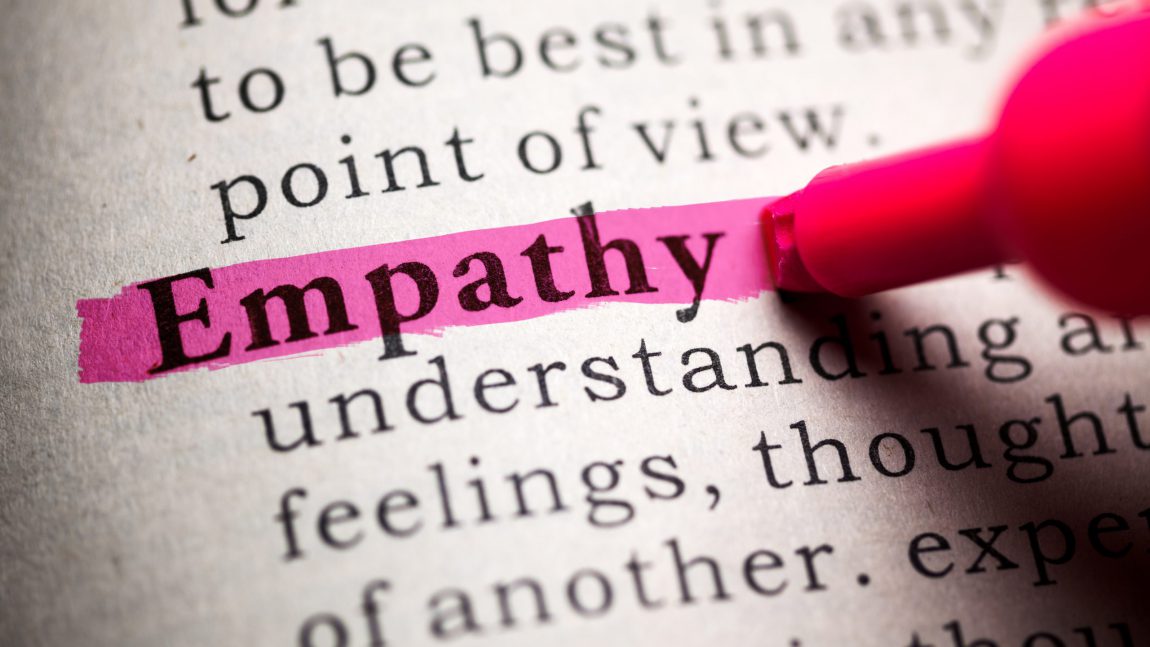 |
Guest Post by Cheryl Wills, NY1 News Anchor and author of Emancipated, My Family’s Fight for Freedom and The Emancipation of Grandpa Sandy Wills |
You think your pain and your heartbreak are unprecedented in the history of the world, but then you read.
– James Baldwin
Empathy is one of the most important social-emotional character traits that helps children develop into healthy and respectful citizens. The ability to empathize is especially important when trying to understand the African-American experience. During Black History Month, it is important to acknowledge the great achievements of African Americans throughout our nation’s history, but it is also important that children understand the great hardships that many African Americans had to endure to reach the level of success that they attained.
The civil rights movement was a wide-ranging struggle for equality under the law, that many people consider to have taken place between 1954-1968. It was waged by tens of thousands of African Americans. A few were or would become famous leaders, such as Martin Luther King Jr. Most, however, were ordinary men, women, and youths who had the courage to stand up against injustice.
The writing exercises below are a great way to get students to empathize with others by thinking about perspectives different than their own.
Have students research an African American civil rights leader and answer the questions below.
- What sort of risks do you think this person took to stand up for what they believe in? Are these risks that you would be willing to take?
- What do you think motivated this person? Do you think they were motivated by wanting to help others? If so, why do you think helping other people was so important to them?
- If your rights were challenged in the same way that the rights of African Americans were during the Civil Rights movement how would you react?

